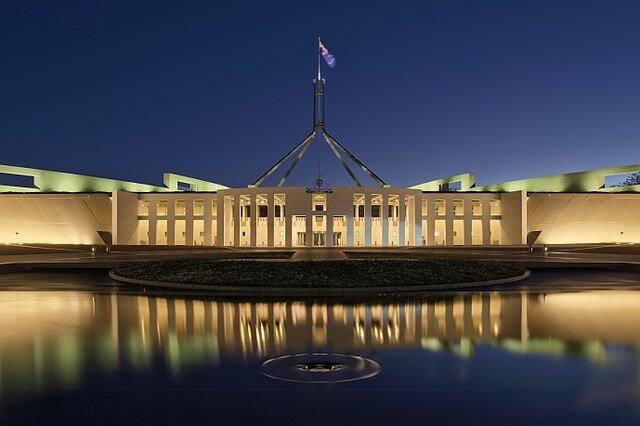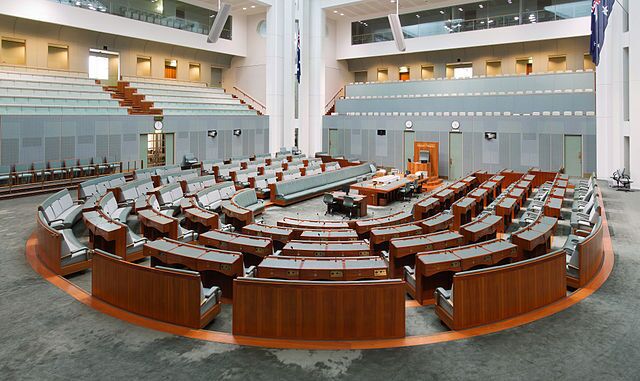Join our newsletter and get the lowdown on the latest pokies, top bonuses, and new casinos – no bluffing! It’s like hitting a jackpot every time you check your email. Sign up now and get an exclusive WELCOME BONUS FOR OUR CASINO OF THE MONTH!
Get your bonus!







